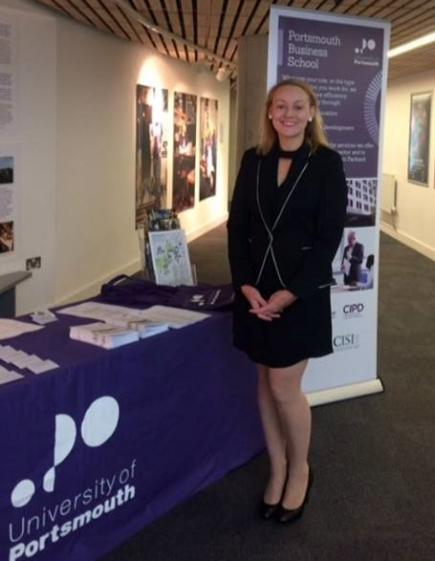reflections on singing across the generations
Reflections on ‘Singers as modern-day minstrels – leading and weaving storytelling in an ageing society’ - from Baby Peep to care homes for older people - by musician and Peeple Learning Together Study Project Manager Susannah Chambers, at the University of Portsmouth’s Organisational Storytelling Seminar (June 2017):
My presentation was about sharing storytelling through singing. I discussed the opportunities and risks for practitioners using singing as an approach, from singing with babies in a Peep group through to singing with older people in a care or nursing home.
I drew on my experience of singing with bands, including solo work performing in care homes for people with dementia, to explore how music can be used to improve health and wellbeing outcomes for people, especially older people. I have seen first-hand, both in Peep groups and these other settings, how sharing singing visibly brings members of a group closer together, looking more alert, happy and engaged. This clip of parents and children singing the Hello Song at the start of a Peep Learning Together group shows how powerful and reassuring it can be for members of a group to have this kind of familiar routine, which strengthens their group bond. In a care home setting it is noticeable how the songs that appear to bring the greatest engagement with residents are those very well known songs (e.g. by Frank Sinatra, Billie Holiday) that people are likely to have heard repeated many times. There has been some interesting research in this area with people with dementia (see links below, for example), but more would be useful.
The ORIM learning framework (Hannon & Nutbrown, 1995) is used within the Learning Together Programme and would also work well in this wider context. ORIM stands for Opportunities, Recognition, Interaction and Modelling. So, for example, during a song – whether in a Peep group or a care home setting – there are opportunities to sing or enjoy hearing others sing; recognition of the songs and of people’s contributions; interaction through singing, listening and dancing; and modelling of sharing the story of the lyrics, and of singing and encouraging others to join in.
I concluded that the Peep Learning Together Programme has huge potential to fit into inter-generational work. Not just between parents or grand-parents and their children attending a Peep group, but also between families participating in a Peep group and older people who are not related, as in this inter-generation Peep group in Edinburgh. The singing is a shared experience that can enhance wellbeing for all involved.
The atmosphere at the seminar was fantastic, as everybody was so passionate about exploring the role of storytelling in everyday life - reflected on further by many of us that evening. And what better way to end, than with an impromptu sing-along with a student pianist I met that day, as tweeted by the university!
A few links you might be interested in:
- Why music boosts brain activity in dementia patients (from Alzheimers.net)
- A short youtube film Story of Henry – music and memory ipod project – alive inside highlighting the powerful impact that music can have on someone with dementia (espec from 02:15 ono). Lovely quote of music as ‘the quickening art – bringing people to life,’ and music as ‘restoring the person to themselves’.
- A Telegraph article on a great example of a project which uses this approach: ‘My mother was lost to dementia until she heard her favourite songs’

